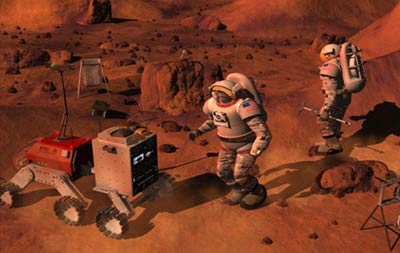Letter: A space nerd respondsby Michael Huang
|
| My essay was not a criticism of The Planetary Society, or any space society, but was a criticism of the Internet flame wars and op-ed “debates” that usually break out along humans-vs.-robots or private-vs.-NASA lines, where win-win scenarios are ignored. |
I did not associate The Planetary Society with the anti-human movement. There is a world of difference between being anti-human and being pro-science. Bob Park would be someone who is anti-human and pro-science. Stephen Hawking would be pro-human and pro-science, and so would Carl Sagan, The Planetary Society, and most space societies. I criticize people like Bob Park because of their anti-human views, not because of their pro-science views, which are welcome. My views could be summarized as being anti-anti-human, analogous to being anti-anti-American.
My suggestions for space societies were for joint membership and an umbrella organization. I did not suggest merges, because it’s a radical step, requiring organizations to be dissolved. The umbrella organization means an association of like-minded or industry-specific groups. I was suggesting that space societies should form an association or coalition. The joint membership refers to a handy way for people to join several space societies using one application form and one membership fee (e.g., this membership form for the Bernoulli Society and International Statistical Institute), instead of filling out multiple forms and paying multiple fees. Individual memberships are still available, and merges are not required.
I agree with Louis Friedman’s description of The Planetary Society as an organization that is positive, supportive, and inclusive. My essay was not a criticism of The Planetary Society, or any space society, but was a criticism of the Internet flame wars and op-ed “debates” that usually break out along humans-vs.-robots or private-vs.-NASA lines, where win-win scenarios are ignored. My suggestions were intended as additional ways for space enthusiasts to demonstrate their support for all space endeavors.
